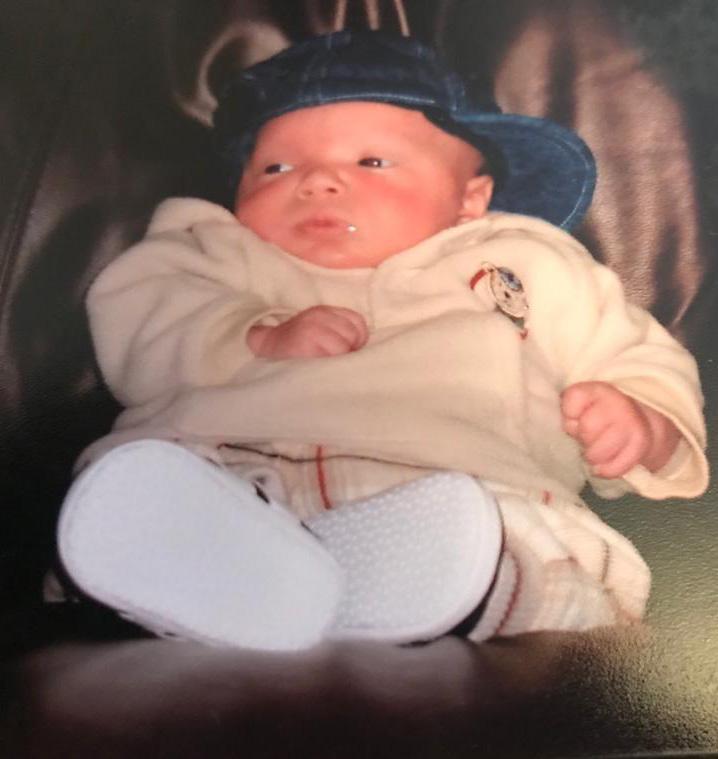
8 minute read
Charlie’s story
I’ve been described as an old-soul, a ray of sunshine, a cheeky chap, and a disability rights champion. I’m not sure about all that though, I’m just me, and I’ve never known any different. I’m 16, and like many boys my age I’ve been a big gamer from an early age. I love animals, and I’m going on to study Animal Care at college next year, with a plan to get a degree that will set me on my way to training assistance animals. I’m really close to my mum, Mandy - you could say we’ve been through a lot together, but whatever we’ve got ourselves into, we always find a way out!
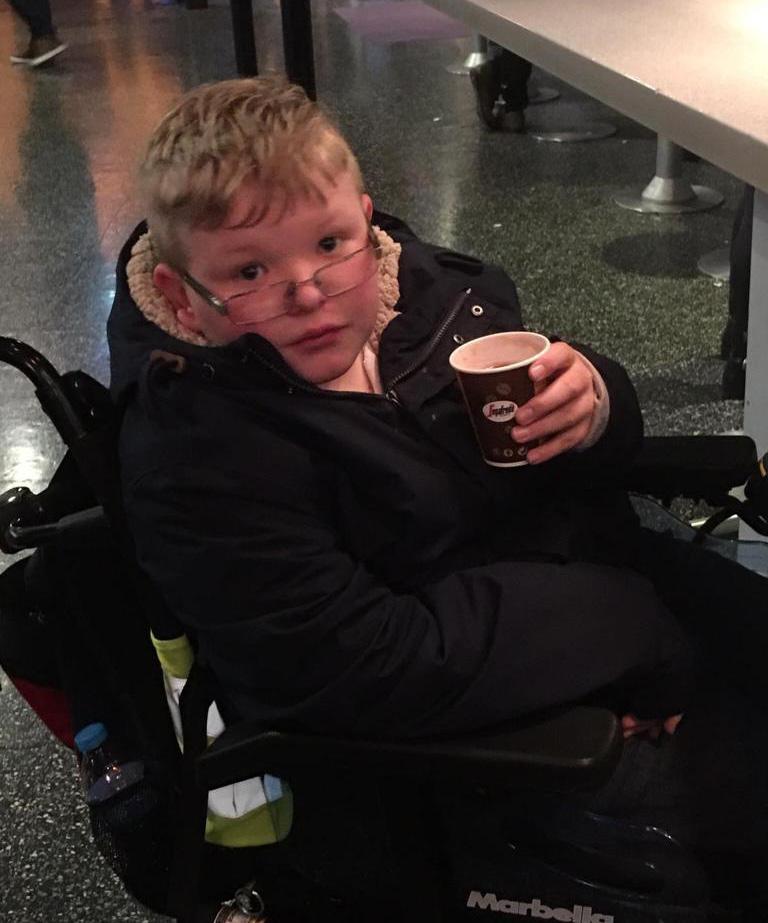
Advertisement
Early years and diagnosis
It’s hard for me to pin down my earliest memory of the ‘medical’ side of things. Mum has always been open with me about things and given me a choice in everything to do with my health and care. It’s just normal to me - it’s been with me all my life.
I have spastic diplegia, which is a form of cerebral palsy. I don’t really live under that label though. It’s just one part of what makes me me.
I was diagnosed at age 2 and a half because I wasn’t walking. When my mum and dad first took me to be seen, they met a consultant who told them to look at the Scope website and come back in 6 weeks. My mum had already started to suspect it may be cerebral palsy by that point. She wasn’t sure at that point how it would affect me. One health professional told her I wouldn’t walk or talk. I can walk now, although I’ve not long had an operation on one leg and I’m due for an operation on the other leg. It’s likely that as time goes on I’ll eventually have to use my wheelchair full-time. At home I have my own ways of getting about, as long as it works, I’m happy. As for talking – just ask anyone who’s ever met me and they’ll tell you I can chat till the cows come home just fine!
Working with professionals
If I’m really honest, postural care hasn’t played a big role in my relationship with health professionals. Many professionals I’ve worked with haven’t known about it. One physiotherapist I had told me to sit up straight because it would be good for me in the long run. There was no real explanation why, so it all seemed a bit alien to me. Creative communication wasn’t really her strong point, she did tell me “Grit your teeth and get on with it.” The less said there, the better!
I’ve had 16 physios in 14 years and they’ve all been somewhere on the scale from absolutely brilliant to downright rubbish! There have been some really good physios who really get me, and one or two I keep in touch with, but for me the problem is that even the good ones don’t last for long. They all have a different perspective, and by the time you’ve got used to how they work they’ve moved on.
For me, a good physio will listen to me and not just read my papers. It’s important to me how they speak to me and their overall communication skills, with other professionals and with my mum. The poor ones think they know everything and I know nothing. My mum and I live with my condition day in day out. Some people think they know better because it’s written in a text book.
The really frustrating ones are those who come along and want to repeat everything we’ve already tried over the last 14 years. Believe me, we’ve tried everything under the sun and it’s really frustrating to tell someone “I’ve already tried that!” One person even said, “I know, but I want to try it first.” It’s as though it’s all about them getting through their tick list, not about me and what I know works for my body and my life. Some people just see what they want to see. They have this perfect body and perfect shape in their heads, and they want us all to work towards it.
Luckily, I won’t just sit back and let this happen. I’m quite happy to speak up if something’s not working for me, otherwise I’ve found that nothing actually gets done. I always make sure a member of staff writes down everything that’s been said so I have my own reference that I can go back to. That way plans can’t be forgotten or changed. You might think that’s unusual for a 16-year-old boy, but I got it from my dad, who was a manager. He taught me to make a note of everything and never to be afraid of complaining if people don’t keep their promises.
It can be frustrating when you get mixed messages though. When I had my operation, the team at the hospital told me to make my recovery work for me. I came home and me and mum just got on with things our own way. We’d found a few weird and wacky ways for me to move about and do all my transfers in a way that suited me. 5 days later a different health professional came to visit us and told us we’d been doing it all wrong! It would have been helpful if someone had spoken to us before the operation and said “This is how it could be done,” so that we could prepare. Could not should, mind you. There’s a difference!
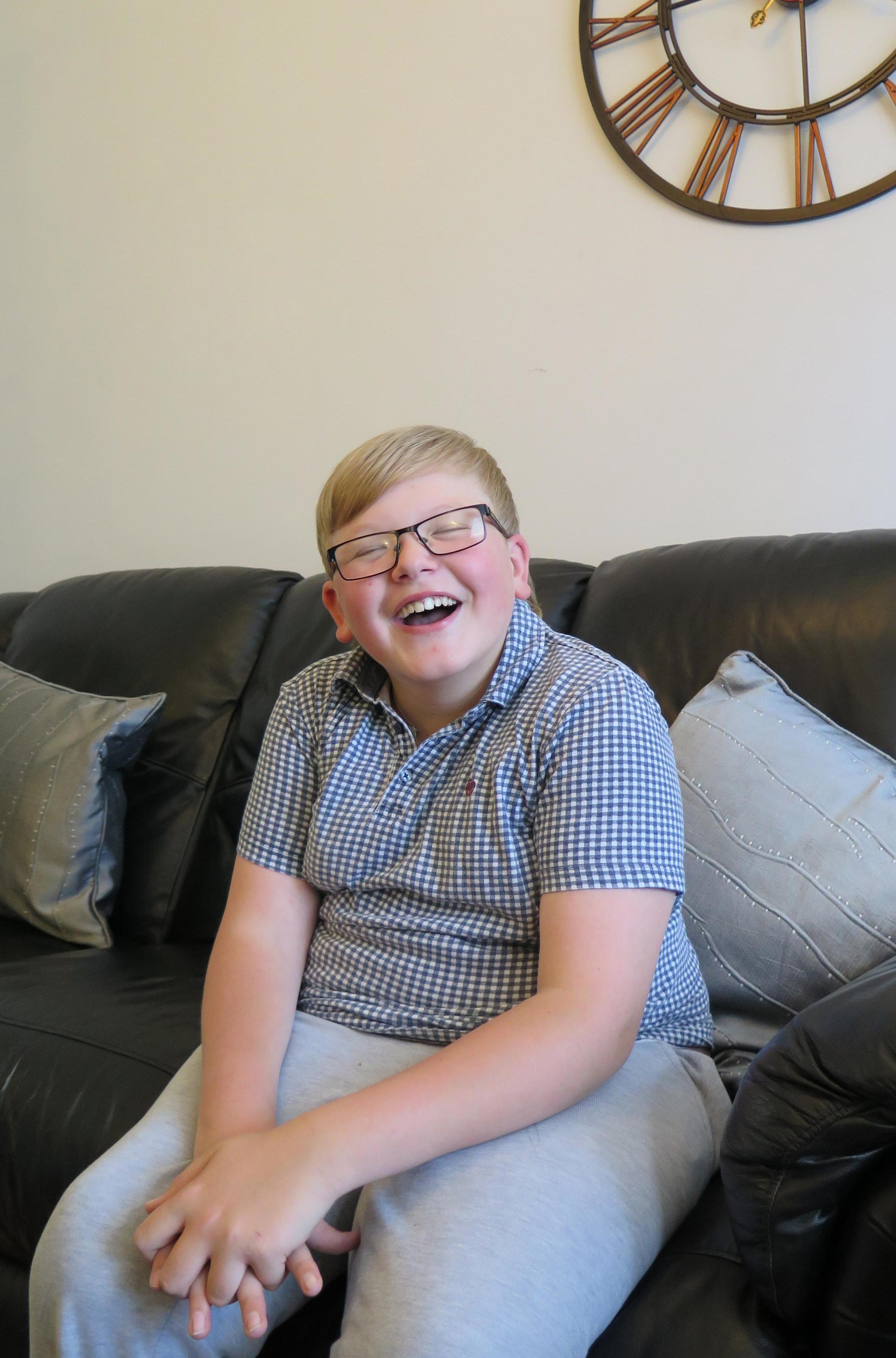
Finding my own solutions
I keep my body healthy in the same way as an able-bodied person would. I’ve not been that active for the past 18 months because I was off my legs for 2 months before my operation, then COVID-19 hit, but over the years I’ve done karate, horse-riding, rock climbing, canoeing…
Some people may look at my life and think I’ve overcome some major challenges. I don’t see it that way though. When I encounter a new situation, I just step back and think how I can tweak things to make it work for me. I love it when people are willing to get creative with me and make it work. Some of the best people for this job aren’t disability experts at all.
If you saw my old karate coaches, Leigh and Shane, in a dark alley, you’d run a mile in the other direction, but if you got talking to them you’d see they’re the nicest people you could ever want to meet. I used to train with one person in front of me and one person behind me (there is a method to my madness). Leigh and Shane would show me in pictures, “This is what you’re going to need to do,” and ask me, “Can you think of a way of doing this?”
I used to do a lot of swimming before lockdown. Mum says her approach to helping me with swimming is getting me to the side of the pool in my wheelchair, chucking me in and hoping for the best! I’m quite well known down the baths. I know all the receptionists and all the pool staff. You might think that’s because of my winning personality (and, to be fair, it probably is!) but for me, it’s more than that. If I ever struggled in the pool, I’d want everyone in that team to know who I am and know how best to help me.
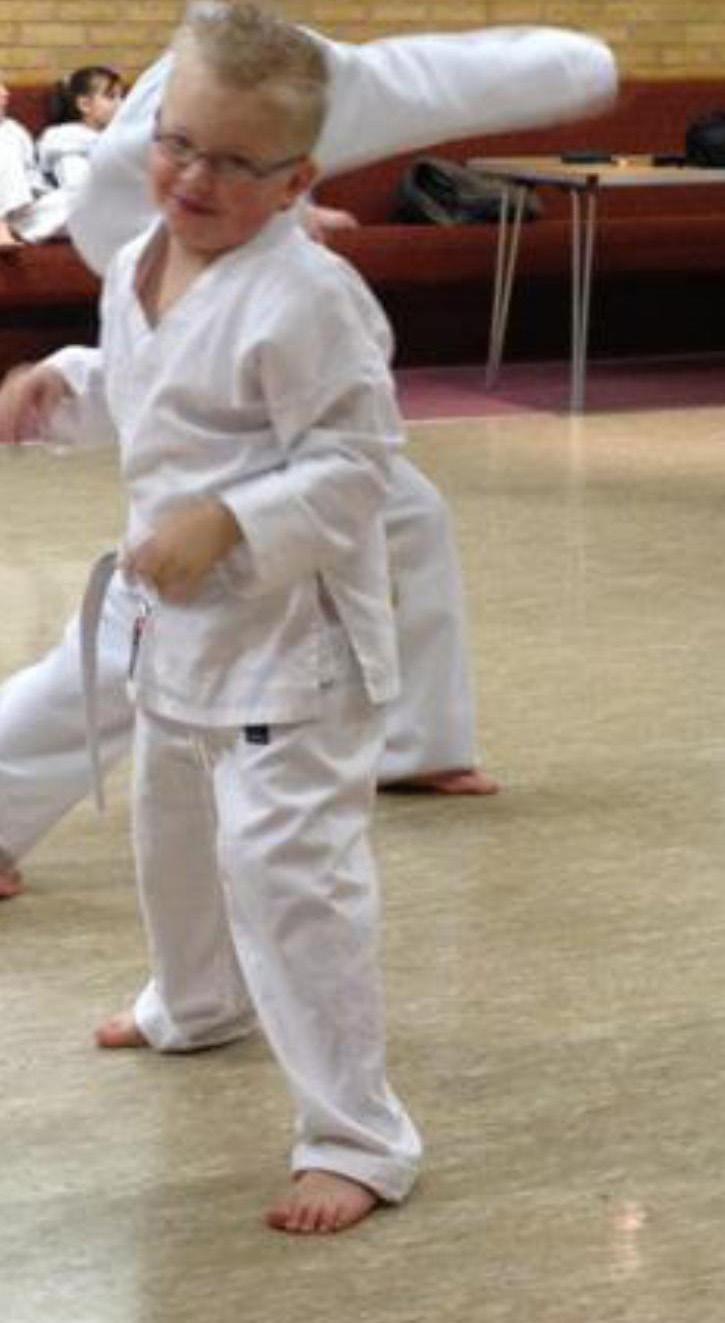
I’ve also got a specialist bike, like the Paralympians use. I had a particular saddle when I used to do horse riding, although I’m not quite sure how you’d get me on a horse these days!
These little tweaks allow me to get on with life, just like any other kid my age. After all, no-one in this world is “normal”.
Getting involved in campaigning
Apart from that one physio who wanted me to sit up straight, I hadn’t really given any thought to my posture until I started doing some work with Changing Our Lives. At that time, I was up for getting involved in anything, and the CEO, Jayne, approached me and asked if I’d like to help with their Postural Care campaign. From what I’ve learned over the years, postural care is crucial. However, the one thing I would say is don’t use so many technical terms! Don’t overload it so it’s too complicated for people like me to understand.
My mum has been helping Changing Our Lives to design a Digital Passport that will allow people to record and share their postural care needs. She says it’s been really informative. I think the Passport is going to be helpful for people to not have to keep explaining their needs to professionals over and over again. Mum thinks that I would be fine without a Postural Care Passport, because I’ve learned to communicate my needs really clearly, but she thinks it will be valuable for anyone who doesn’t communicate with words or those who don’t like opening up about their story to professionals all the time.
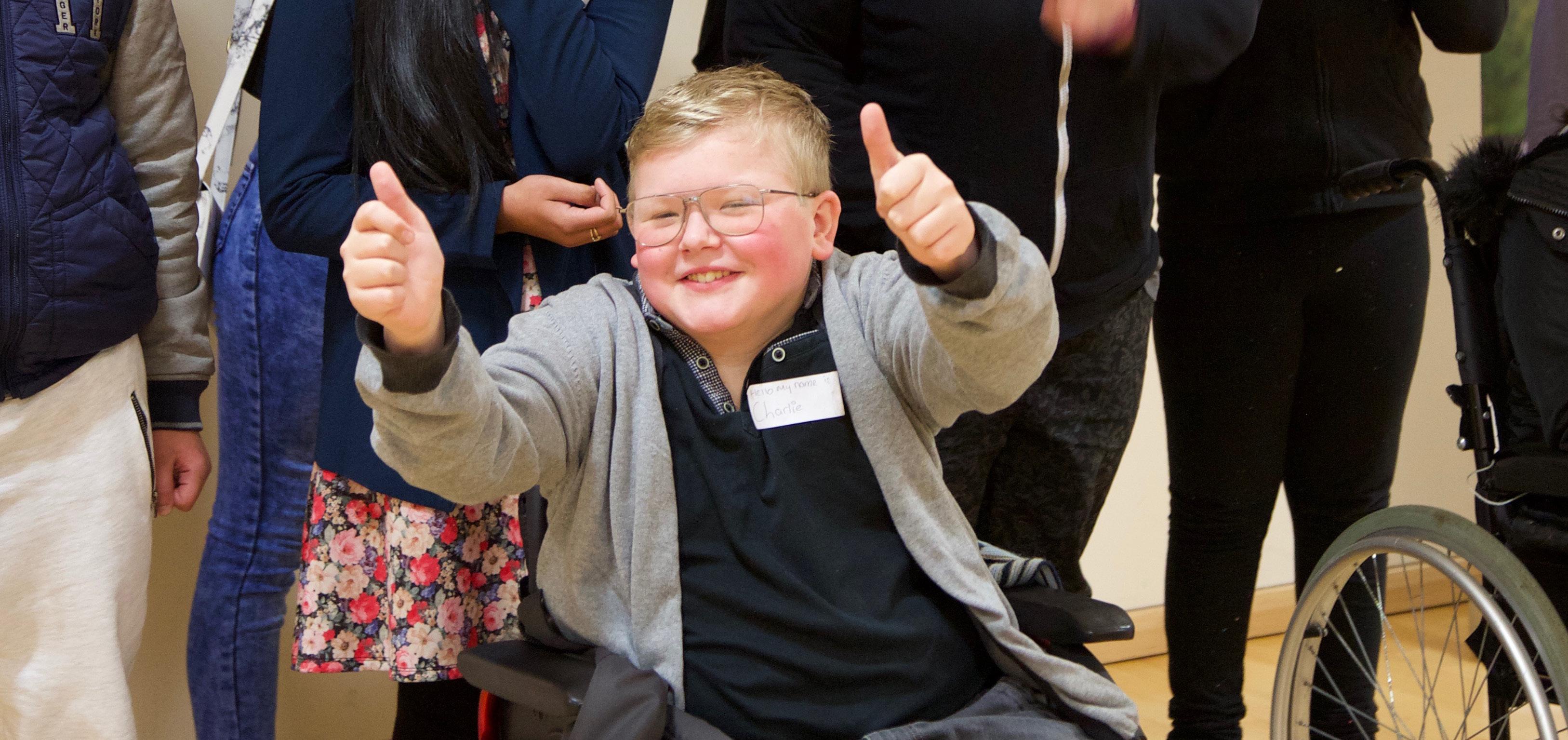
Advice to others
We asked my mum what her advice would be to other parents of disabled children. She says “When your child is diagnosed you feel like your whole world has come to an end. You think ‘Why me?’ But you will adapt. Pick yourself up, dust yourself down and have a positive attitude. Your child just works a bit differently to others, so don’t compare them.”
As for me, I don’t think I’m different to anyone else. Like I said before, I’m just me! My advice for people younger than me would be “No matter what seems impossible, where there’s a will there’s a way.” This has always been my life and I have no regrets whatsoever.







